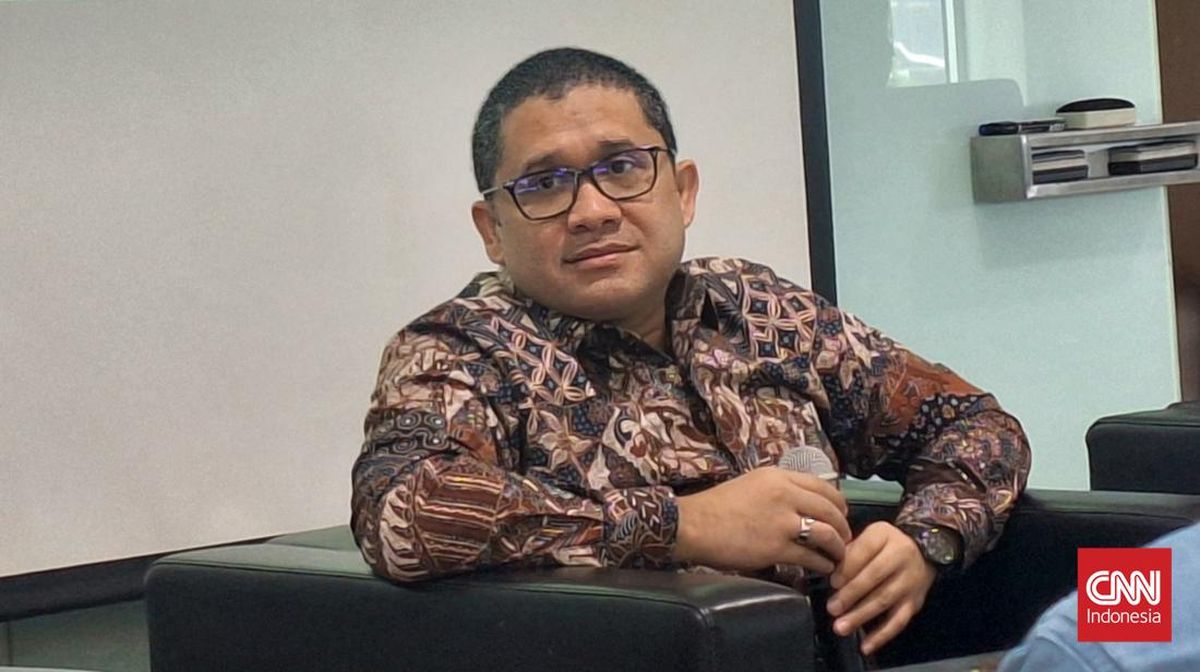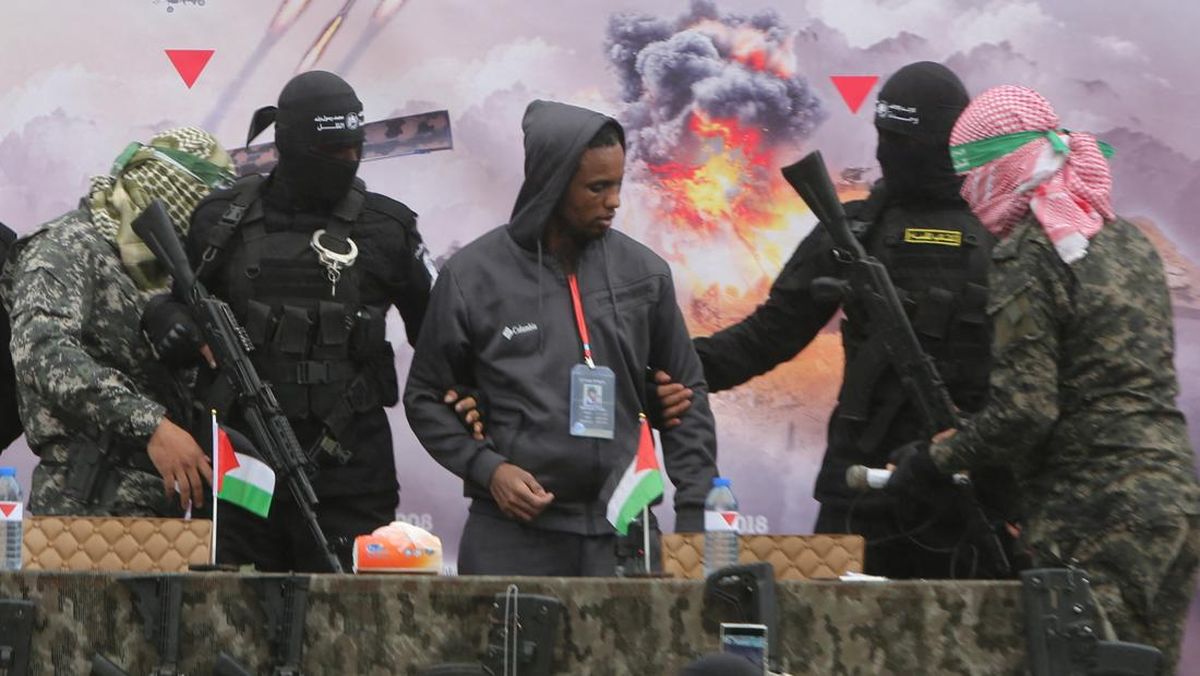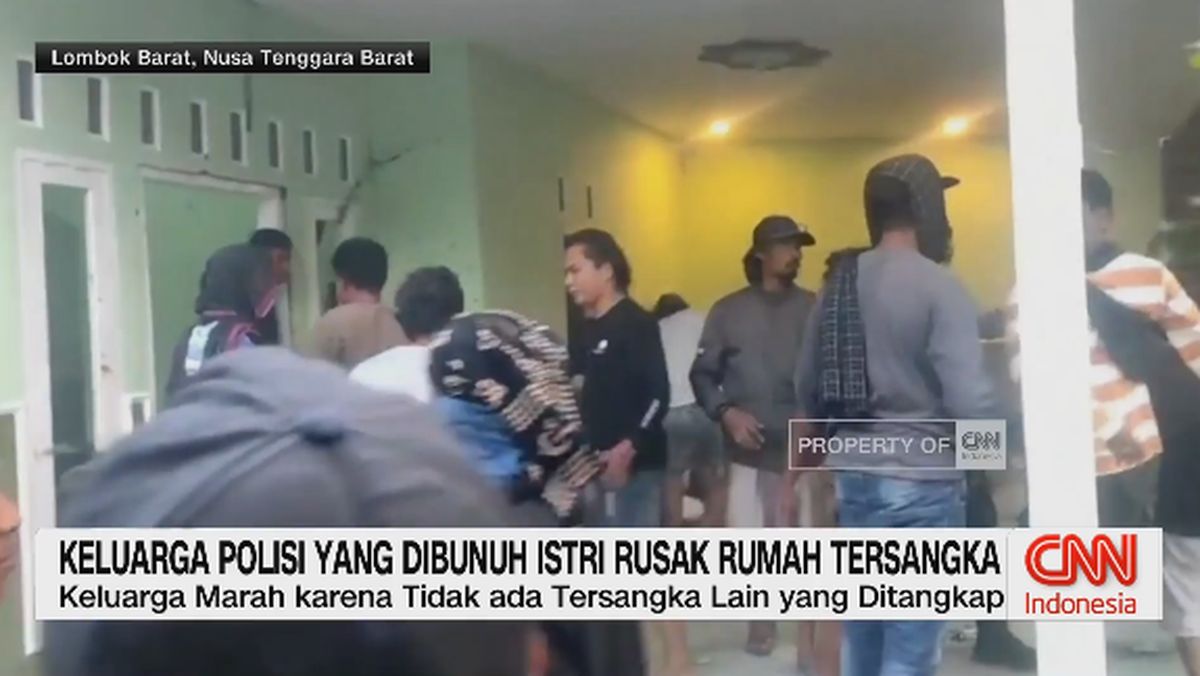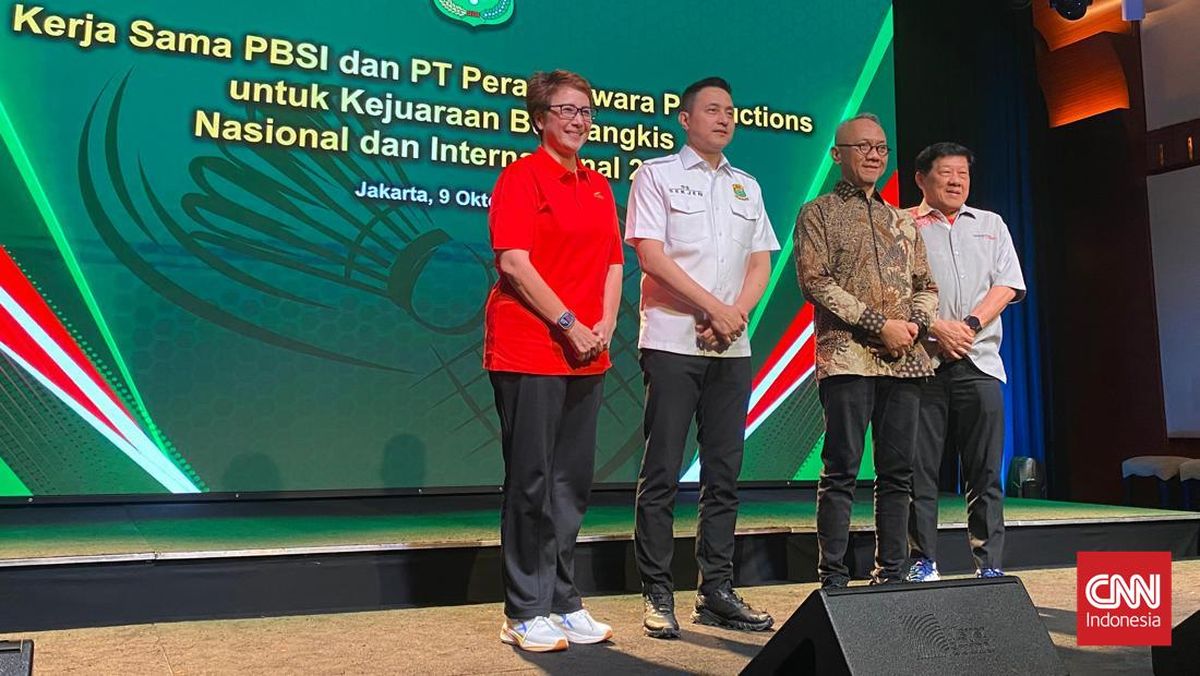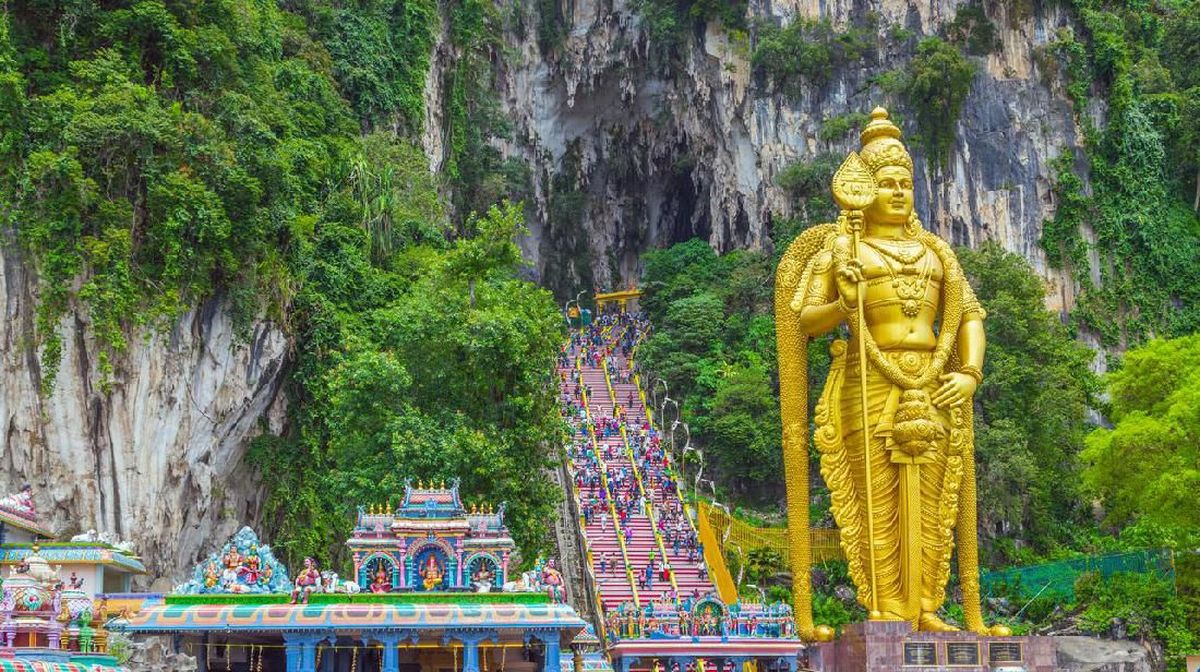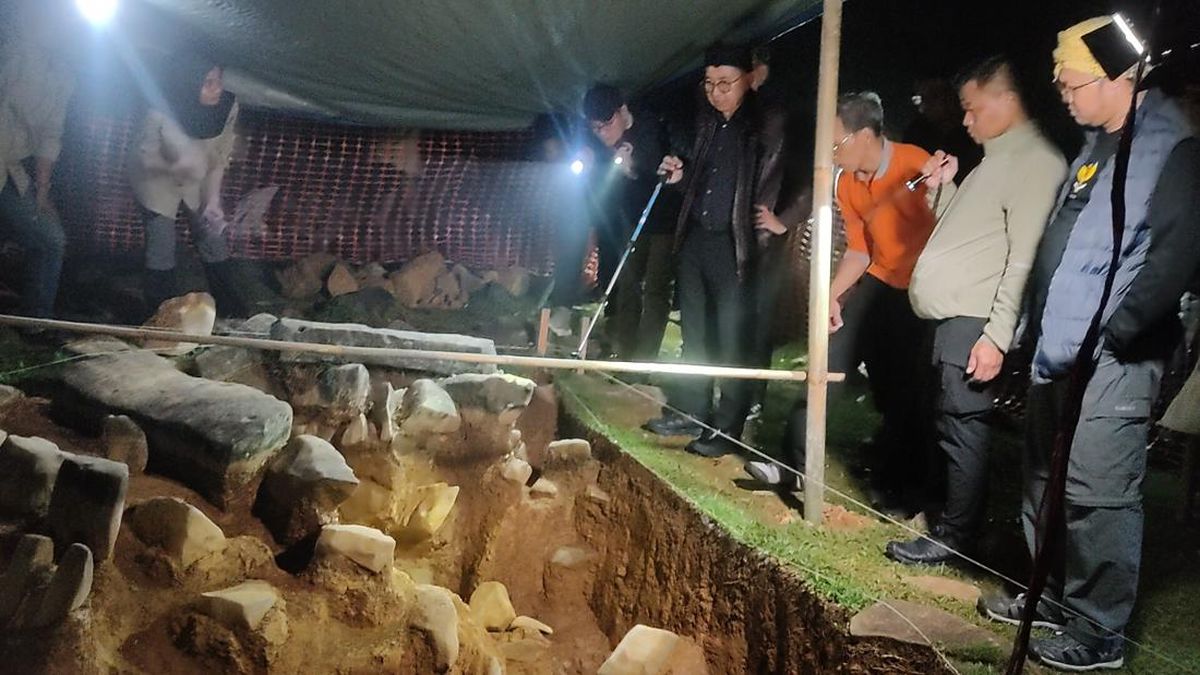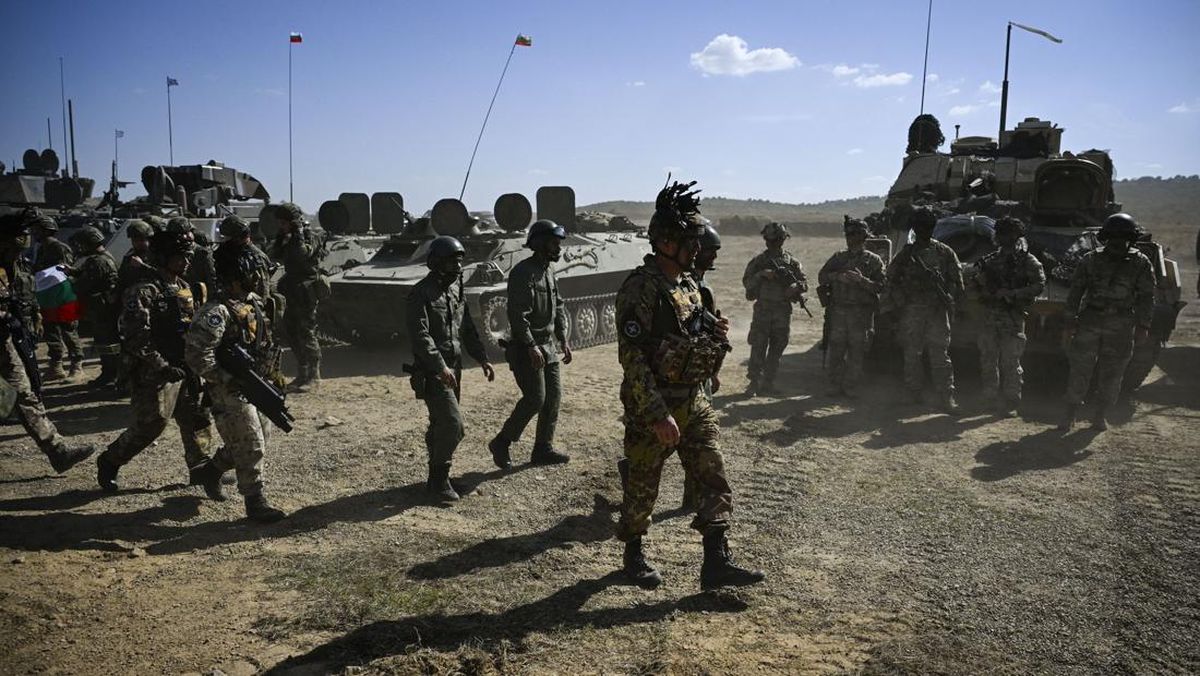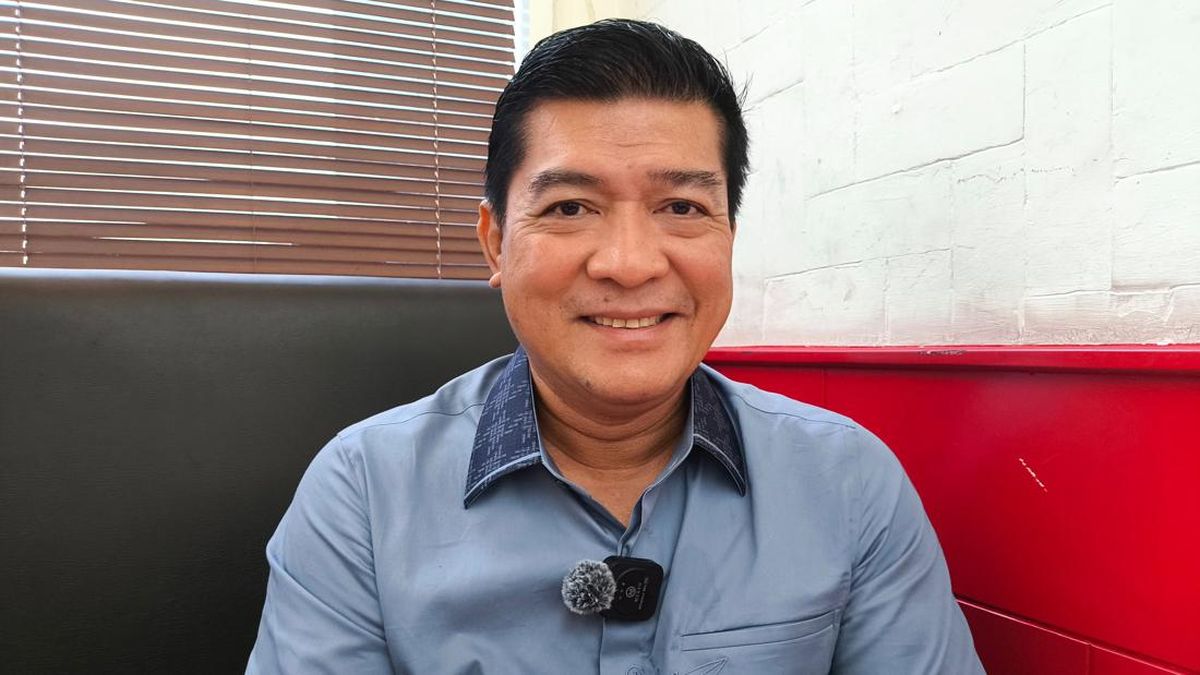The risk of a clash with China is only getting worse, Australia’s secretary of Defence warns, as Beijing’s military grows more assertive and the two navies come into “close contact, more often”.
“The risk of an incident has heightened over recent years and the trends continue to be very worrying for us,” Defence Secretary Greg Moriarty told senators in a blunt assessment of the deteriorating security outlook in the Indo-Pacific.

Defence Secretary Greg Moriarty (centre) appearing at senate estimates on Thursday. Credit: Dominic Lorrimer
“The strategic balance is shifting in the region … that is changing the broad strategic concerns that we have seen in place. During a period of strategic contestation, increasing competition, there’s clearly anxiety and countries respond to that in different ways,” he said.
In February, a Chinese navy ship performed a live-fire drill in the Tasman Sea without notice, forcing commercial flights to reroute. Asked during estimates if there had been any follow-up, Admiral David Johnston said he had met with his Chinese counterpart in March, and the government referred to previous representations made to the Chinese government.
“I raised the conduct of the live-fire incident, and it’s disruption to civil traffic directly with him, and the expectations that military forces conduct themselves professionally,” Johnston told senators.
Loading
Johnston said his Chinese counterparts felt they had acted within the law, and did not accept the characterisation of the event as unprofessional.
While the department was unable to predict whether live-fire drills would continue around Australia’s territorial waters, Moriarty did say that as China’s military grows, so does the territorial reach of its military operations.
“We certainly are of the view that those [activities] will continue to grow as the capabilities of the PLA [China’s People’s Liberation Army] increase. We see additional deployments south, including into waters around Indonesia and other parts of South-East Asia, and we expect that there will continue to be increasing deployments in waters proximate to us,” he said.
“We’ve had unsafe and unprofessional behaviour towards ADF assets and there’s a growing PLA assertiveness. That is a very significant contributing factor, but there’s just a general increased level of anxiety and security concern across the region. Many countries are responding to that in terms of thinking about their own defence modernisations.”
Taiwan, which is democratically governed but a region China views as its own territory, has also faced increased military pressure from Beijing over the past five years, including at least seven rounds of major war games around the island since 2022.
Taiwan’s defence ministry has said China had “adopted routine grey zone harassment tactics”, referring to non-combat operations designed to put pressure on nearby nations.
As Chinese military operations expanded in “capability, reach and tempo”, Moriarty flagged an increased likelihood of interaction between Australia and China and urged more diplomatic ties. “In this environment, dialogue with China is vital to register our concerns and manage our differences,” he said.
Deputy secretary Hugh Jeffrey said the primary risk the department feared was a confrontation between the United States and China, and that the department now assessed the prospect as “more risky, not less risky”.
Of particular concern was the deployment of North Korean troops in the Russia-Ukraine conflict, with Moriarty saying their return home after training in armed conflict represented a threat to South Korea and the region.
Loading
“They’re certainly collaborating. They have some common objectives, but I think all of those countries would also see themselves as dissatisfied with the international rules-based order as it exists. They are dissatisfied with the preeminence of US power,” Moriarty said.
“A number of those countries have got objectives. They do see some common cause and common opportunities to collaborate, cooperate in a way that is destabilising and the Australian government has taken up those issues.”
with Reuters
Most Viewed in Politics
Loading


